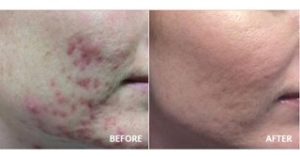The safety of our patients is of the utmost importance to us here at the LASSI. At this time, we are taking the following precautions.
- Masking optional.
- Complimentary masks are available for patients.
- If you would prefer masking within the exam room, we would be happy to accommodate your request.
- Increased cleaning measures in between patients.
- Hand sanitizing is available in multiple locations throughout the office.
If you are ill or have known exposure to someone with COVID-19, please do not come to the office. We will reschedule your appointment or provide telephone advice as needed.
We look forward to seeing you and please let us know if you have any questions or concerns.
Be Well-
C. William Hanke, MD



